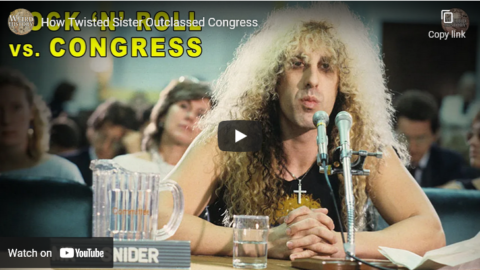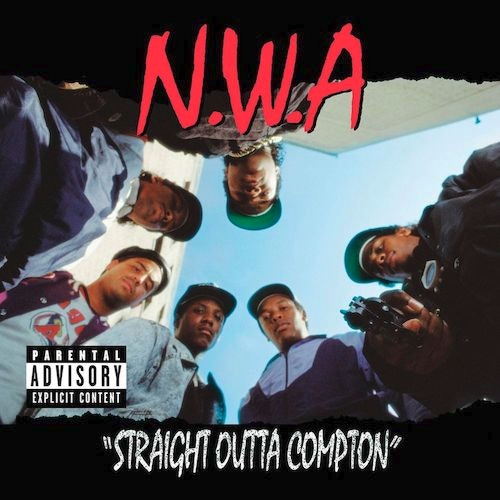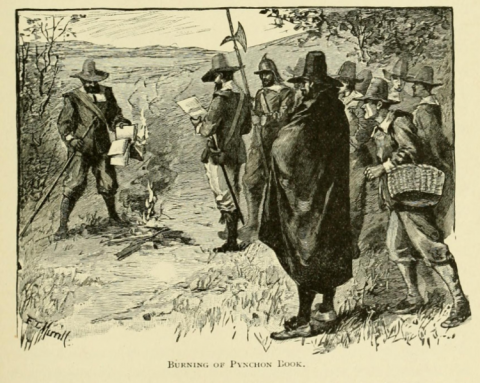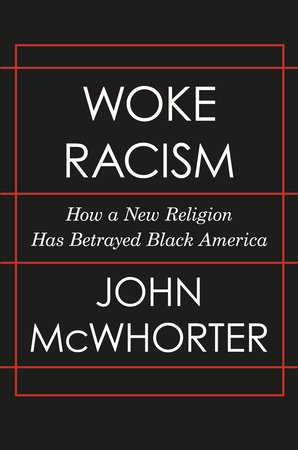N.S. Lyons is talking to you. Yes, you in particular:
Hello Friend,
I saw your post on the interweb the other day about that nasty thing Team A did, even though they always completely lose their collective mind with moralistic outrage if Team B (which I understand is your team) even thoughtcrimes about doing something similar. In fact Team A seems to blatantly do things all the time that no one on Team B could ever get away with doing without being universally condemned as the absolute worst sort of immoral criminal/being openly threatened with mob violence/losing their livelihood/having their assets frozen/being rounded up by the state and shipped to a black site somewhere for some extended TLC.
Maybe the latest thing was breaking some very important public health rules, or pillaging and burning down government buildings for fun, or mean tweets, or polluting the planet with a private jet, or using allegedly neutral public institutions against political opponents, or just engaging in a little tax-dodging or corruption while doing, like, a ton of blow in a hotel room with some capital city hookers – I forget the specifics. In fact I forget what country you’re even living in nowadays.
But I did see that slick video you posted on how just pointing out “imagine if someone on Team B did this!” is all it takes to blow the lid off this glaring hypocrisy, thus totally destroying Team A with facts and logic. I’ve noticed you posting a lot of things like this, which is nice, since they are very witty and produce a pleasant buzz of smug superiority, even though this feeling never lasts very long.
However, I suddenly realized that you may not be in on the joke, so to speak, so I figured I’d write this short PSA to help explain what “hypocrisy” in politics actually is, just in case you didn’t know and had been fooled into seriously trying to benefit Team B with your comparative memes.
You see, it’s possible you are under the misapprehension that you are not supposed to notice what you described as the “double-standard” in acceptable behavior between Team A and Team B. And that you think if you point out this double-standard, you are foiling the other team’s plot and holding them accountable. This might be because, in your mind, you are still in high school debate club, where if you finger your opponent for having violated the evenly-applied rules a neutral arbiter of acceptable behavior will recognize this unfairness and penalize them with demerits.
Except in reality you are not holding Team A accountable, and in fact are notably never able to hold them accountable for anything at all. Even though Team A gets to hold you accountable for everything and anything whenever they want. This is because unfortunately there is no neutral arbiter listening to your whining. In fact, currently the only arbiter is Team A, because Team A has consolidated all the power to decide the rules, and to enforce or not enforce those rules as they see fit.
[…]
Much like the Great Khan, Class A has decided the greatest happiness in life is to crush its class enemies, see them driven before it, and hear the lamentations of their pundits.
Fundamentally, Class A believes the purpose of power is to reward its friends and punish its enemies. Which is what it does. That way it can keep its enemies down at the same time as it attracts more friends by offering great perks for class membership. And as a controversial Arab thought-leader once said: everyone prefers a strong horse to a weak horse.
If you, Class B serf, do not enjoy this arrangement, your lamentations about hypocrisy will not change it, no matter how loud and shrill. Only taking back control of the levers of power and then using that power to strike the fear of accountability into the hearts of your ruling class will ever be able to do that.
















